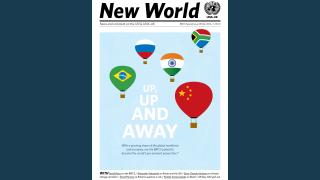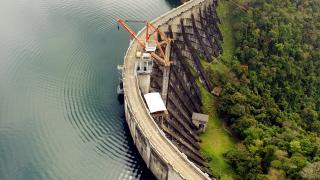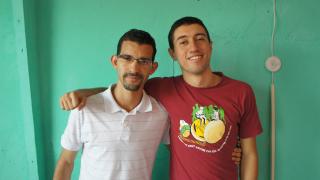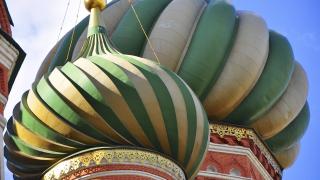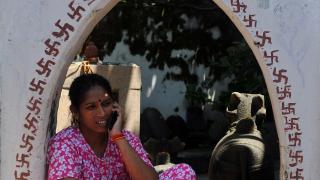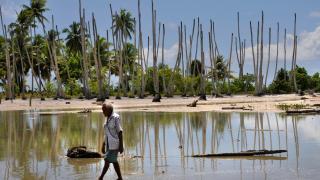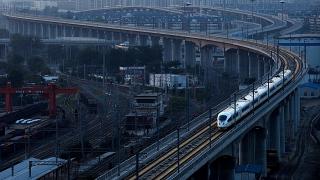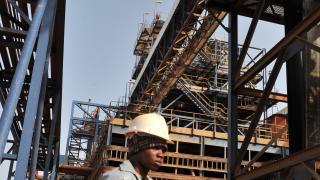
India, the world’s largest democracy, has made huge economic and development strides over the past decade. Despite the global downturn – which has hit investment, trade and remittances – poverty has continued to decline sharply with the help of government programmes in education, health care and insurance, infrastructure and rural connectivity.
However, the country still faces enormous challenges. It is still home to a third of the world’s population living on less than $1.25 a day and just eight Indian states have more poor people than the 26 poorest nations in Africa combined. The investment gap required to meet India’s resource needs, including those arising from mass urbanisation, is estimated to be $1trn. In order to stay competitive, India will need to reform its agricultural sector, to meet domestic and export needs, and provide security for the 75% of Indian families who are dependent on rural incomes. It will also need to invest in secondary education and in building the skills of its young, burgeoning workforce – arguably its biggest asset.
Despite a vibrant media and civil society, the country also has significant human rights challenges. In 2011, Human Rights Watch documented custodial killings, police abuses (including torture) and discrimination against minorities. Anticorruption activists and those protesting against resource exploitation and forced displacement have been attacked. And the security forces enjoy impunity, particularly in Jammu and Kashmir (home to a UN peacekeeping mission since 1948) and in areas with Maoist insurgents.
On the international stage, India has long sought a more prominent role, especially since the waning of the Non-Aligned Movement of which it was a leading member. While it received $2.8bn in aid, it also gave $676m. It has the thirdlargest army in the world and is the thirdbiggest contributor to UN peacekeeping, with over 100,000 troops having served in 43 missions. Although not one of the five recognised nuclear powers, India has between 80 and 100 nuclear weapons, which are now generally accepted by the international community. Often touted as a candidate for permanent membership of the Security Council, it has been reluctant to take action in such forums on situations ranging from Syria to Sri Lanka to Sudan. It has also consistently fought against the acceptance of binding emissions curbs on developing countries, citing their right to development.

